Adda: The secret to Bengali conviviality
On 22 March 2020, the first day of the countrywide pandemic-induced lockdown in India, labourer Mridul Deb was enjoying a cup of tea with several others at a roadside tea-shack in Kolkata, the capital of the Indian state of West Bengal. When another local caught them on camera and asked why they were flouting the lockdown, one of them lashed out, " Amra cha khete eshechi, adda marte na, cha khawa hoegeche bari chole jachi " ("We have come here to drink tea, not to give adda , now we have finished so we are going home").
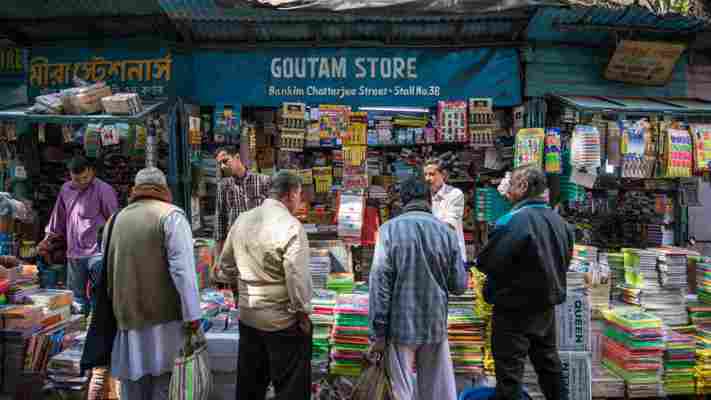
The clip went viral on social media, spawning hundreds of memes . While Deb and the others on the clip were widely ridiculed, it soon became evident that the labourers flouting lockdown were only the tip of the iceberg. By August 2020, more than 200 prosecutions were being made each day in Kolkata, most of whom were also engaging in adda.
Adda is a beloved pastime that's unique to Kolkata. Markedly different to small talk or chatting, it is best described as an informal group conversation that's long, fluid and relaxed in nature. While "adda" can loosely be translated as "hangout", this loses the nuances and oversimplifies the action.
"We are not expected to produce something out of an adda," Aditi Ghosh, head of the linguistics department at University of Calcutta, told me. "It is a kind of unplanned mental exercise where we not just talk about ourselves and our families, but we go beyond that. It is about ideas and events happening all around us."
For Bengalis, who are known for their gregariousness and love of talking, engaging in adda is an essential part of the day. Traditionally, a perfect adda should include a little bit of everything – politics, art, literature, science, debate, gossip, jokes, rumours, food, cigarettes and tea – and can take place anywhere: in a private home, a local tea shop, the park or a veranda.
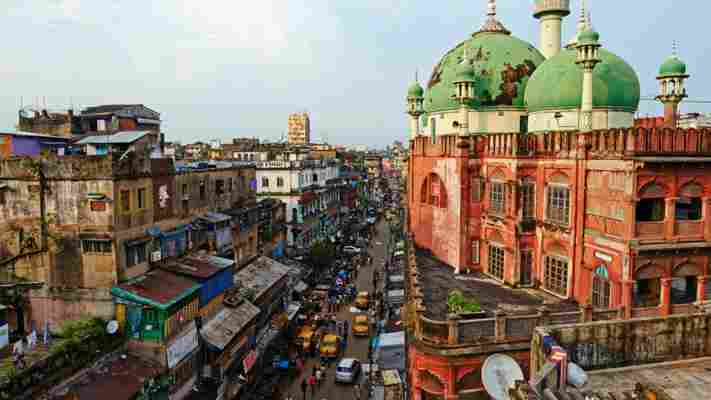
Kolkata was the capital of British India from 1772 to 1911, and the colonialists left indelible marks on the city (Credit: Tuul & Bruno Morandi/Getty Images)
Sometimes it is impromptu and happens right on the street (and can continue for hours right there) or it may be a regular, pre-planned meet up. An adda session can be identified by the freestyle conversation that's often intellectual, sometimes banter, and by the wild gesticulations of participants as they make their contributions heard. If things get quiet for too long, someone will broach a new subject to keep the session going. There is no restriction on the topics of these conversations, though the more controversial the subject matter and more outlandish a claim, the better.
It is a kind of unplanned mental exercise where we not just talk about ourselves and our families, but we go beyond that. It is about ideas and events happening all around us.
Although the origins of adda are murky, this beloved ritual is thought to go back to colonial times. In 1757, English East India Company won the Battle of Plassey and gained control over most of Bengal. Back then, Kolkata was a cluster of humble settlements on the left bank of river Hooghly, but it quickly expanded into a city under British rule, serving as the capital of British India from 1772 to 1911. The British colonialists left indelible marks on Kolkata's cultural heritage, influencing food, language, literature, philosophy and even the art of conversation.
The city soon attracted rich merchants and traders from all over Bengal. A new affluent Bengali class emerged who worked as clerks, administrators and merchants under the English East India Company. These educated and wealthy Bengali males tutored their children in contemporary Western subjects to get jobs with the East India Company and do business with them smoothy; and gathered daily in their private premises to partake in casual but long discussions on endless topics – thus popularising adda.
You may also be interested in: • An Indian city with audacious attitude • Cracking India's mystifying 'nod code' • The Indian way to 'maximise value'
"Adda was an expression of the process of trying to cope with ones' Westernised status within British supremacy and its effects on the dignity of the westernized Bengali middle class as a whole, " writes Debarati Sen, associate professor of Comparative Cultural Studies at University of Houston, in her research paper Speech Genres and Identity: The Place of Adda in Bengali Cultural Discourse (2011) . It was the intellectually stimulating pastime of the wealthy upper-caste male with time on their hands.
The practice of adda soon spread beyond the upper class. In 1817, the first Western education-focused institution, Hindu College (now known as Presidency University) was established in Kolkata. In 1857, the University of Calcutta was founded. The road adjacent to these two neighbouring institutes, now known as College Street, soon came alive with bookstores. With the advent of print media, news about world affairs was now easily accessible – and ensured that there was no dearth of discussion topics.
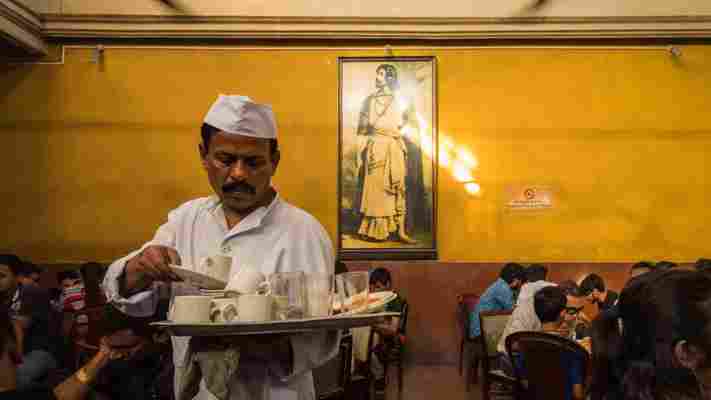
Coffee House on College Street is the city's most famous gathering spot for adda (Credit: David Keith Brown/Alamy)
Students huddled on university campuses, in bookshops and in tea stalls expressing opinions. In 1942, when a coffee shop opened up in College Street, all the addabaj (ones who engage in adda) gathered during recess, guzzled cups of coffee and engaged in lengthy addas with friends and classmates. In 1947, this joint was named Coffee House – and visitors will see that it remains a hub of adda even today. On any given day, the rumble of adda here is so strong that it can be heard from the street. Its adda culture has even been immortalised in the cult song by the late Indian singer Manna Dey, " Coffee Houser shei adda ta aj ar nei " ("our adda at Coffee House is no more").
Today, adda is no longer an exclusively male activity, though men are still the dominant gender. Adda is also no longer a strict domain of the upper class or educated – people from all strata are seen enjoying this interaction, although members of an adda tend to belong to the same socioeconomic status. "These spaces [adda], despite their claim to openness and equality, are strongly shaped by a politics of inclusion and exclusion," said Nabamita Das, assistant professor of sociology at Presidency University. According to her, the perceived differences of class, culture, caste and gender continue to play a huge role.
What is certain is that the adda is a Bengali way of life and key to the happiness of Kolkata residents. Travellers may see college students huddled around Nandan cinema complex and thronging the food joints near the bustling New Market area, engrossed in long, cerebral conversations. In the evening, after office hours, men gather around roadside tea shacks near their homes and passionately engage in adda. As latecomers arrive and others leave, the group morphs gradually; and after a few hours, all the participants may have been replaced.
"Adda has been a part of my life since I was a teenager and it would be a part till my last day," said Arup Sekhar Roy, a 32-year-old photographer from Kolkata.
With so many places for adda, privacy from the prying eyes of neighbours comes at a premium. News of young adults lighting cigarettes quickly reaches their guardians through the grapevine, returning with suitable reprimands. If a young man and woman are seen together on the streets, rumours of a brewing romance fly through the area. This blurring of boundaries has some benefits too. In case of emergencies, residents can always run to the nearest adda hotspot and be almost guaranteed of some form of help.
Every day, men gather at roadside tea shacks throughout Kolkata to passionately engage in adda (Credit: IndiaPicture/Alamy)
The concept has even morphed into a buzzword. Kolkata and its suburbs are now home to a range of restaurants that use it in their names – Adda Junction , Momo and Adda – to tap into the emotional connection that Bengalis have with adda. The ritual is so enmeshed in the Bengali psyche that most locals do not even realise it as a cultural heritage that might someday be lost due to changing lifestyles.
However hard Kolkata tries to hold on to its beloved adda, hectic jobs, the intrusion of smartphones and migration of youths from Kolkata to other Indian cities and abroad mean that addas are threatened. "The addas I used to have in Kolkata were very fulfilling. Most of my addas that I enjoyed were with people I knew since childhood; it is not possible to recreate that here," reminisced Moumita Ghorai, doctoral candidate at Western Michigan University who immigrated from Kolkata in 2016.
The ritual is so enmeshed in the Bengali psyche that most locals do not even realise it as a cultural heritage that might someday be lost
Covid-19 has also made physical addas irregular for now. While the privileged have the option of taking adda online through WhatsApp and Zoom, much of Kolkata's population is scrambling to adjust to this new Covid life, which means that adda sessions are currently few and far between for the majority of people.
While Mridul Deb was caught flouting Covid rules, the online ridicule he faced was short-lived and his infamous adda brought him some good tidings in the end . Cricketer Sourav Ganguly and actress and politician Mimi Chakraborty came forward and helped him with food supplies to sustain him while he couldn't work through the stringent lockdown.
As for the rest of Kolkata – we wait for better days when adda will be easy again.
Why We Are What We Are is a BBC Travel series examining the characteristics of a country and investigating whether they are true.
--
Join more than three million BBC Travel fans by liking us on Facebook , or follow us on Twitter and Instagram .
If you liked this story, sign up for the weekly bbc.com features newsletter called "The Essential List". A handpicked selection of stories from BBC Future, Culture, Worklife and Travel, delivered to your inbox every Friday.

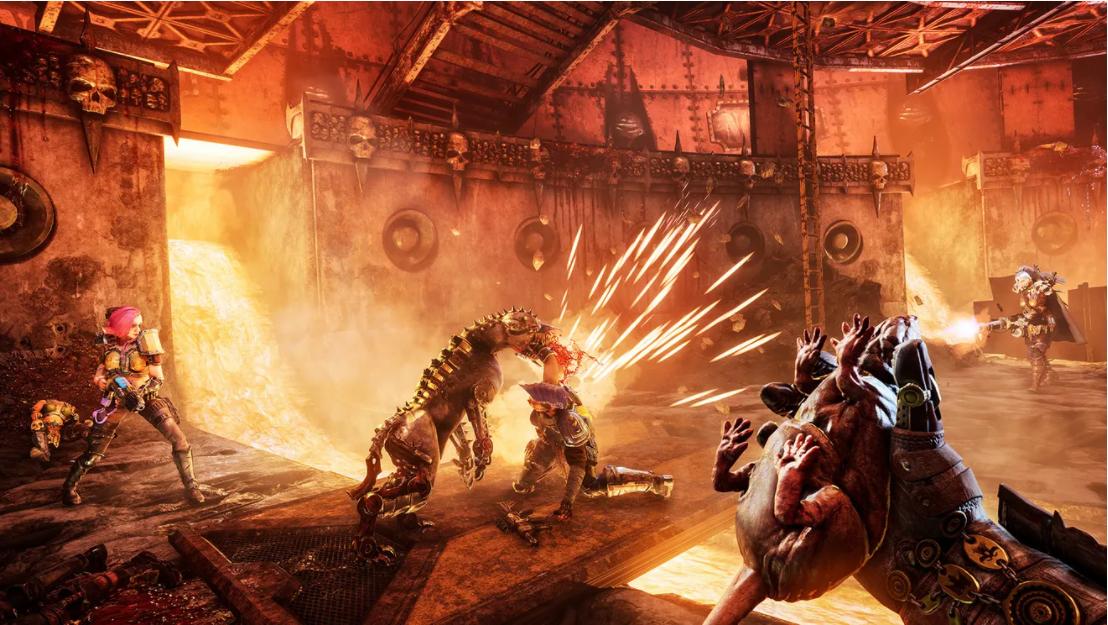




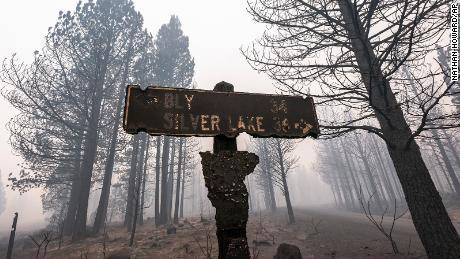
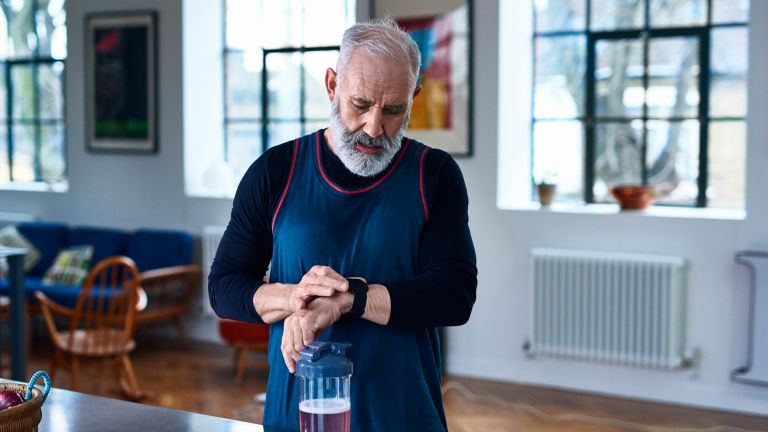




Write a Comment